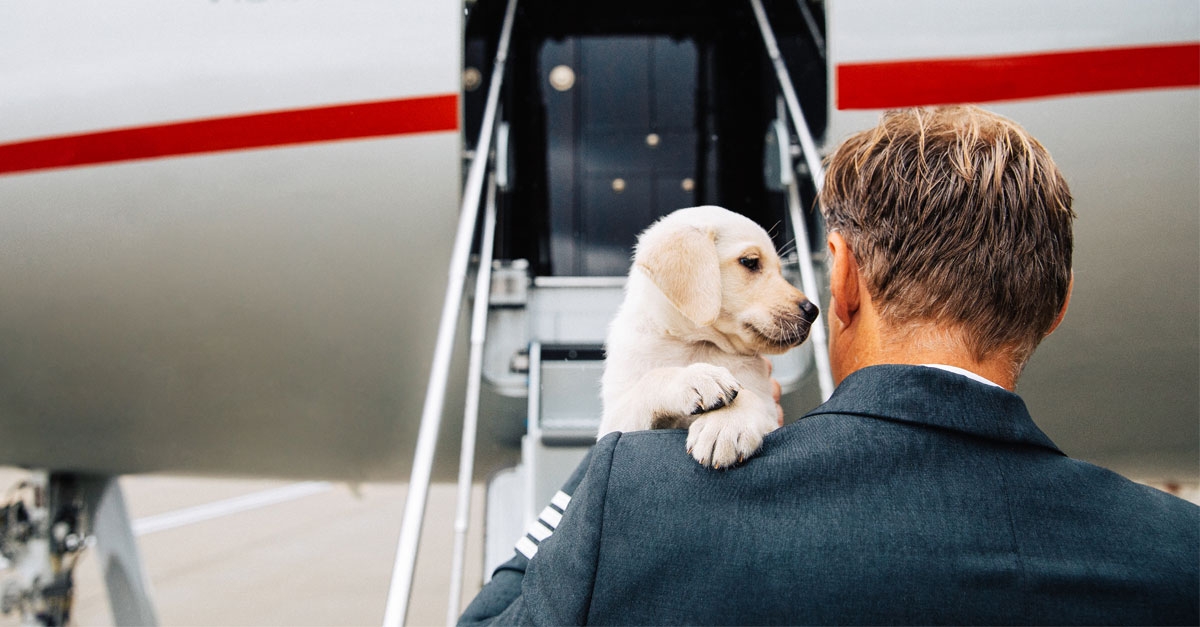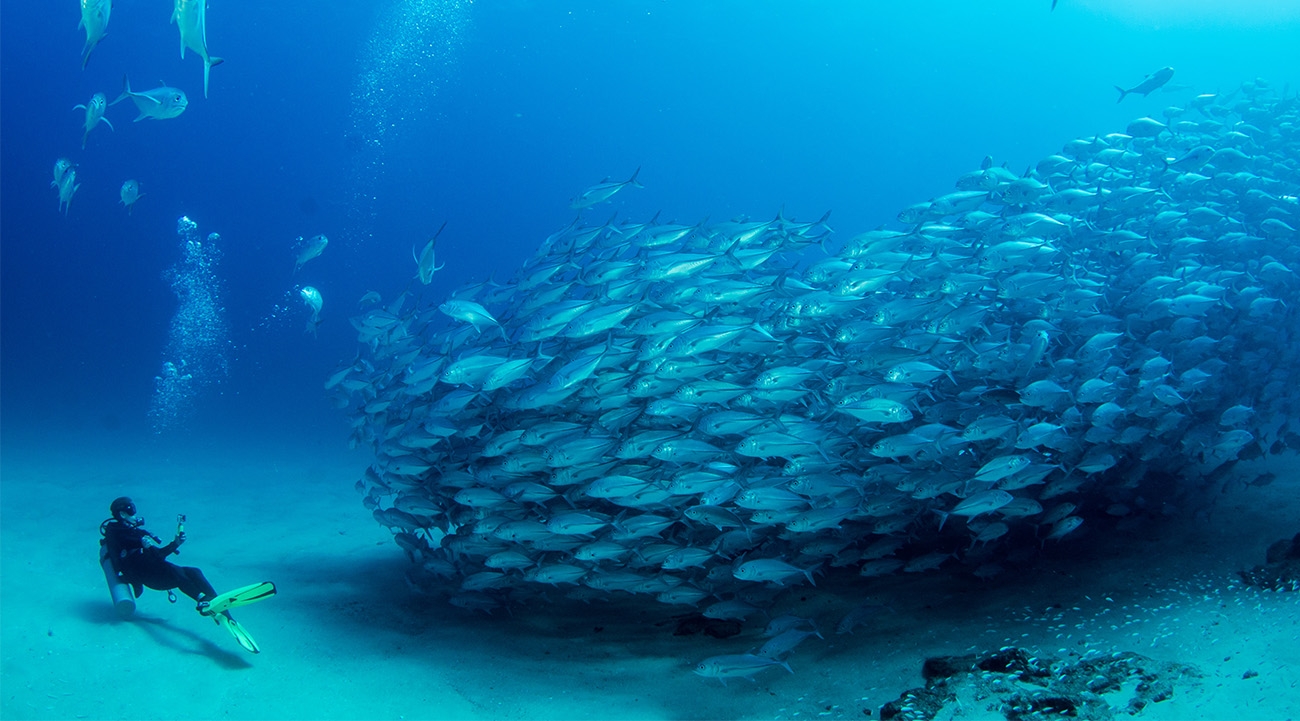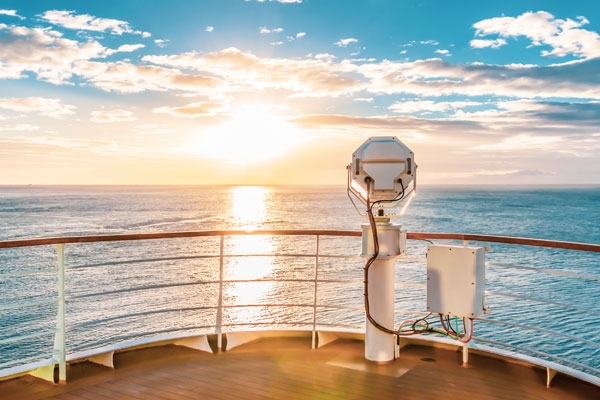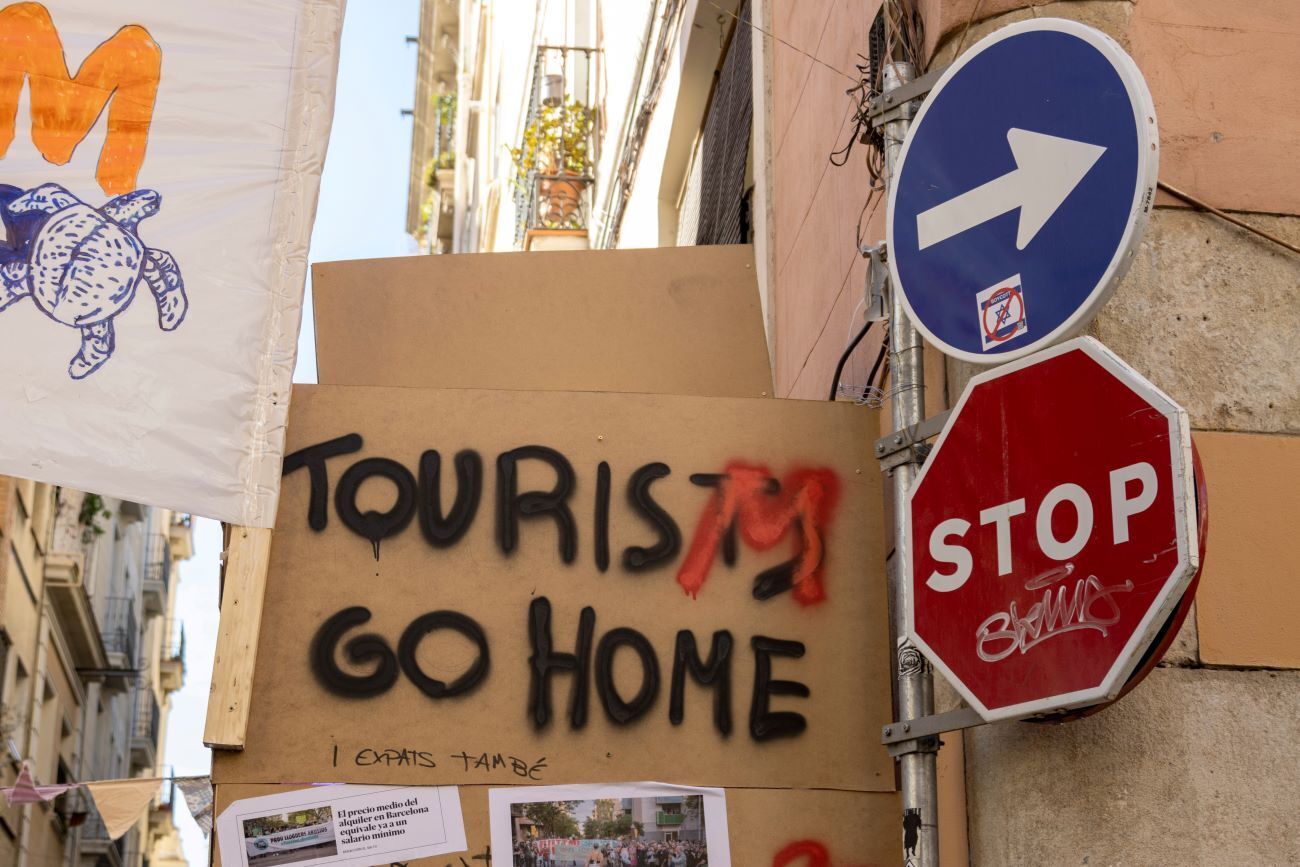In Focus: Pet-friendly travel
We’ve always been a nation of pet lovers, but never more so than during the pandemic. As most took to working from home and embraced a greater work-life balance, pet ownership sky-rocketed.
Research from market and consumer data specialist Statista suggests nearly two-thirds (62%) of UK households now own a pet – up from 40% during 2018 and 2019.
No longer content with leaving them behind when going on holiday, a growing number of consumers are looking to agents and operators to offer pet-friendly travel solutions. A 2022 survey by Hilton found that more than half (55%) of pet owners plan to travel with their pets, while a poll by Condor Ferries found that 37% of pet owners intend to take three to five getaways with their pets a year.
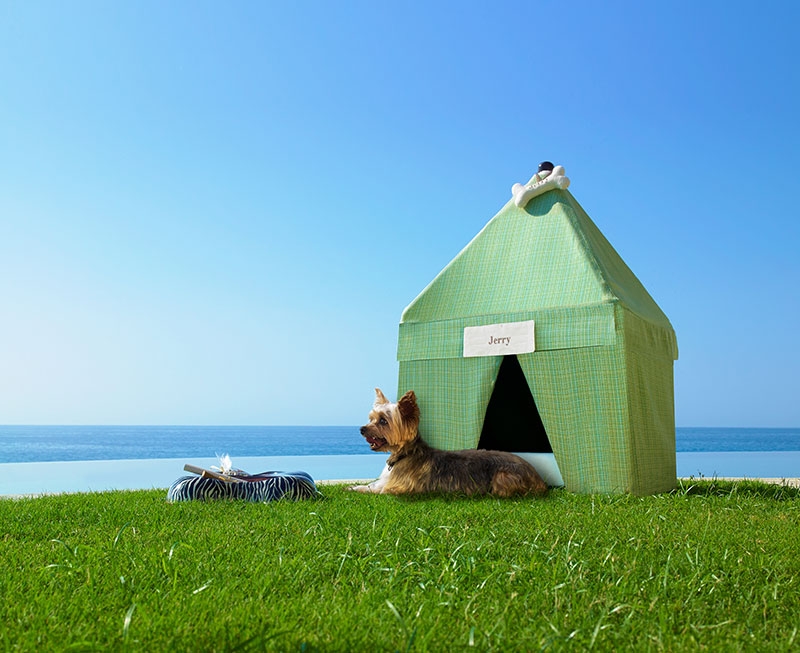
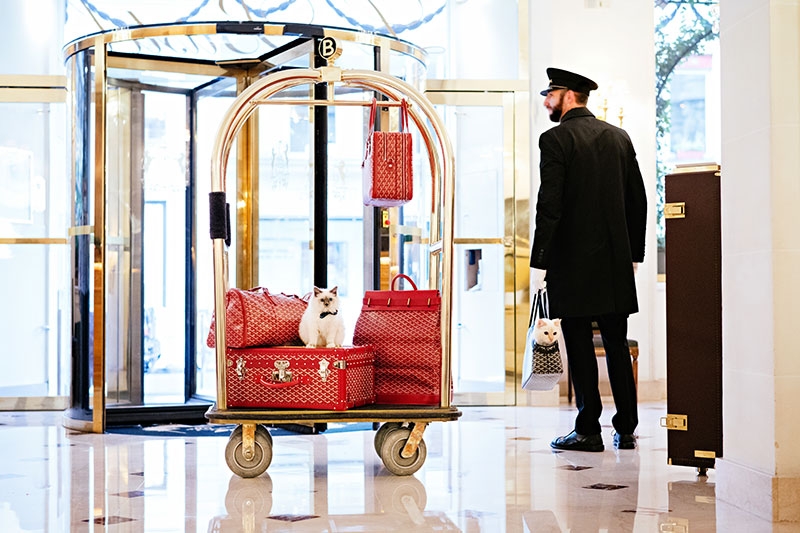
Hotels and villas
The ease of travelling with pets on home turf and the rise of staycations over the pandemic means the domestic tourism industry has enjoyed the lion’s share of growth in the pet travel sector. In the UK, Pan Pacific London has hosted more than 160 pet stays since opening in September 2021 – and expects the trend to remain.
Kimpton Fitzroy London has seen a “definite” uptick in guests travelling with their pets, while Cheltenham property Ellenborough Park says it has seen double the amount of pet-friendly stays booked compared with pre-pandemic.
The exclusive nature of private homes means villa companies have also enjoyed a boost in bookings. CV Villas witnessed a 68% growth in enquiries for clients travelling with their pets in January this year compared with January 2022. As a result, the brand has curated a collection of pet-friendly villas on its website and offers grooming appointments and special arrangements for both dogs and cats prior to arrival.
Indeed, pet-friendly travel has come a long way from simply providing dog bowls and beds in rooms. Pan Pacific London offers an in-house dining menu created by dog behaviourist and nutritionist Anna Webb including organic eggs, nitrate-free bacon and a sushi-style lamb hot pot, and has a pet concierge ‘on paw’ to organise everything from dog reiki to kitten yoga.
Le Bristol Paris offers a welcome pack including chilled Evian mineral water, handmade treats and a rug embroidered with the pet’s name. At Las Ventanas al Paraiso, A Rosewood Resort, pampered pooches have dog butlers who will treat them to daily walks, dog massages and ‘doga’ classes. Sunbathing on the beach? Dogs get their own portable cabana. Celebrating a special occasion? Butlers can arrange a bouji birthday party complete with ‘pupcakes’.

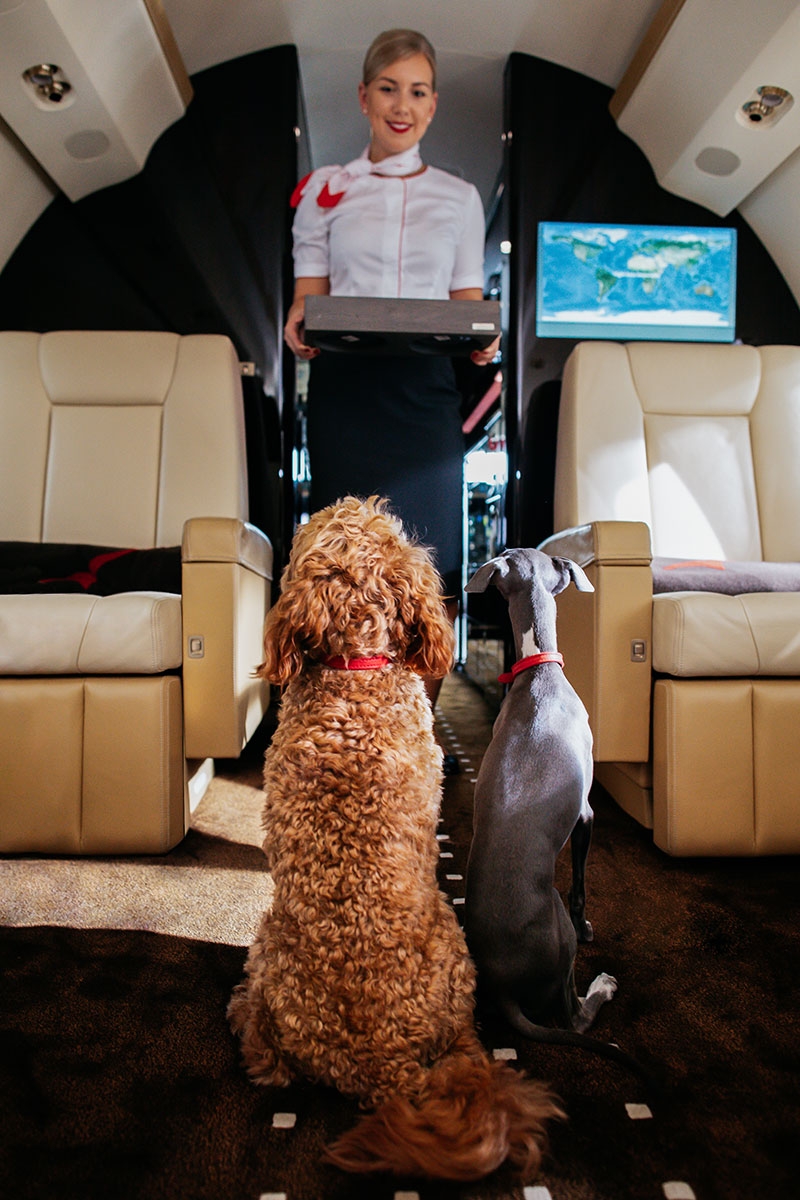
Private jets
But finding pet-friendly accommodation is only half the battle. The biggest complexity when it comes to travelling with pets is flying, and though an estimated two million domestic animals travel on commercial flights every year, strict quarantine policies and vaccination requirements can prove challenging – particularly in the post-Covid and Brexit era. It’s why a growing segment of travellers is opting to fly private, where client services teams can simplify the process – and, importantly, pets needn’t travel in the hold.
“There has been a definite uptick in bookings with pets over the past couple of years,” says Andy Christie, group head of private jets at Air Charter Service. “One of the main reasons for this has been the increase in pet ownership since the first wave of Covid. We find that many who are travelling with dogs tend to have second homes and fly out for a few weeks or even months at a time.”
Christie says the company has also seen the “unusual” trend of dog-owners clubbing together to charter a private jet for their pups. “We’ve had up to 10 [dogs] before on one flight – as they don’t want to put their dogs in the hold of commercial aircraft,” he says. “This has happened a number of times over the past year.”
Global business aviation company VistaJet introduced a dedicated VistaPet programme in 2019 to service the one in four members who travel with pets. Each VistaJet cabin hostess is trained in pet first aid and all crew members learn how to read animal body language to better understand behaviours. Alongside a welcome pack of treats and toys, four-legged guests receive handmade Labbvenn sleep mats and natural flower essences to mix with drinking water to aid relaxation.
For nervous pups, pre-flight fear of flying courses are offered in partnership with The Dog House to “desensitise” dogs to what they could experience during the flight, such as the sound of jet engines, cabin air pressure and turbulence.
It’s a worthy investment. Since launching its VistaPet programme, the company has seen a 66% increase in the number of flights with at least one pet on board. Last year, VistaJet also saw a 43% increase in the number of pets flying compared with 2021.
“The response to VistaPet has been very positive from members, who truly appreciate the level of detail we cover to ensure their pets are comfortable at all times,” says chief marketing officer Matteo Atti. “While the majority of animals that fly with us are dogs, our onboard service caters to all animals including cats, rabbits and birds. We’ve had otters holding hands in their own little bathtub in the cabin and parrots eating potato mash at the table with their owners.”
It's all proof this niche market is one to watch. Though not without its challenges, demand is undoubtedly growing for pet-friendly packages and facilities, offering agents and suppliers a unique opportunity to foster loyalty and generate additional revenue growth. Clearly it’s not just good for brand, but good for business.
Agent insight
Dan Salmon of Never A Wasted Journey had an enquiry from a client wishing to travel to Spain with her pet cat for six weeks over summer. He said: “It’s very complicated to travel with pets and although it’s possible, it isn’t cheap or easy with so many restrictions in place. Since Brexit, you need an animal health certificate specific to the destination (or an EU pet passport) and only certain vets can complete these. You also need to have an up-to-date rabies vaccination and microchip. Very few airlines allow pets in the cabin and for those that do, like Lufthansa, this is limited to a small number per flight. When bringing animals back into the UK, you also need to get an anti-tape worm tablet 24-120 hours prior to entry. Private charters seem to be the most convenient way to take your loved pets with you. Anything else could be a headache for the agent, client and pet in mind.”
